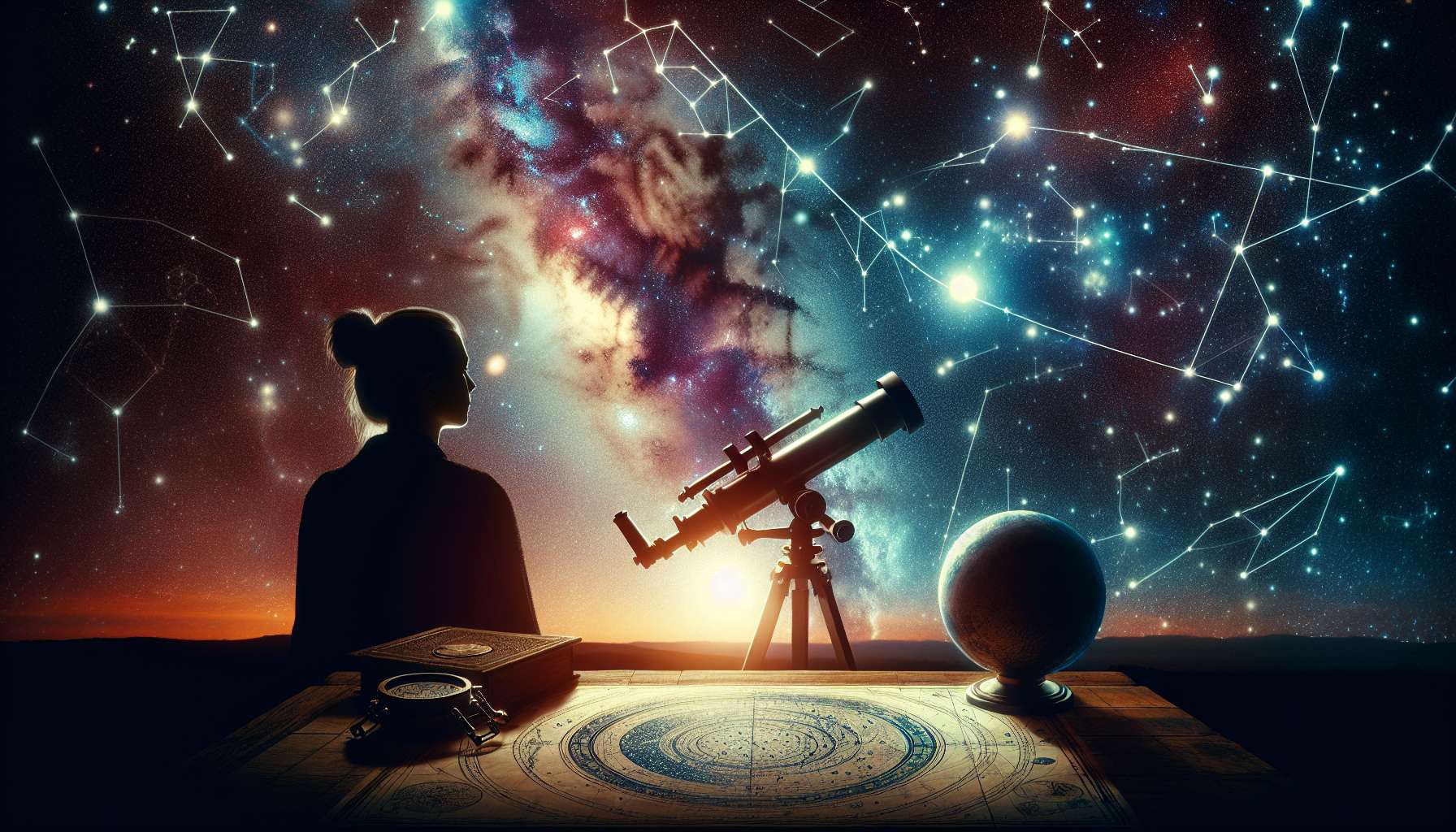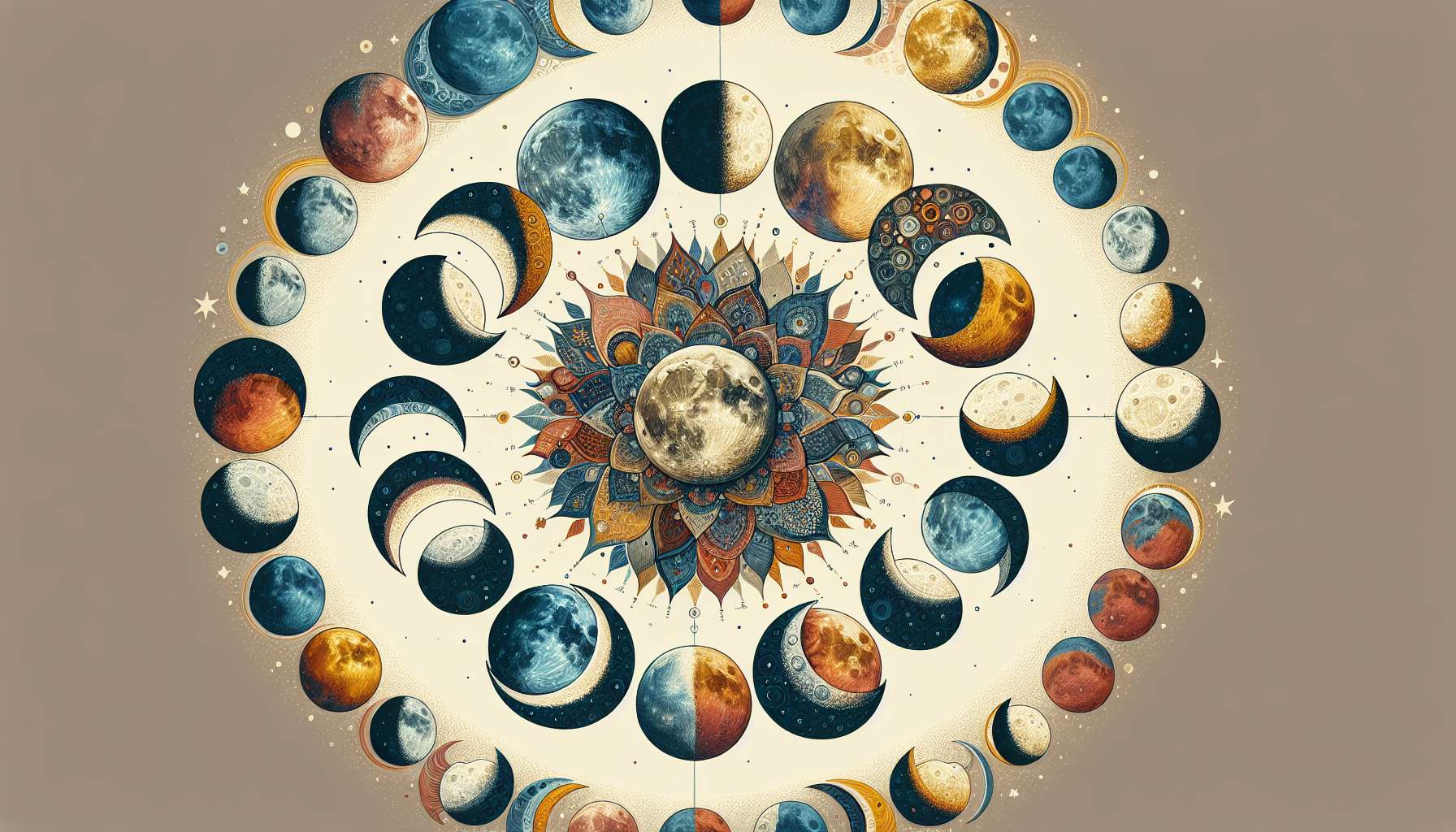Night Sky Symbolism Exploration: Unveiling the Mysteries of the Cosmos
Have you ever gazed up at the night sky and felt a sense of wonder and awe? The stars twinkling above, the moon casting its gentle glow, and the vast expanse of the universe stretching out before you the night sky has long been a source of inspiration and fascination for humankind. But beyond its beauty, the night sky also holds deep symbolic meaning that has captured the imaginations of cultures around the world for centuries. In this article, we will embark on a journey to explore the rich symbolism of the night sky, delving into its history, significance, and the profound messages it conveys.
The Cosmic Canvas: A Universal Symbol
Throughout history, the night sky has served as a universal canvas upon which cultures have projected their beliefs, values, and myths. From the ancient Greeks to the indigenous peoples of the Americas, celestial bodies like the stars, moon, and planets have held symbolic significance as markers of time, guides for navigation, and omens of fate.
For example, in Greek mythology, the constellations were seen as immortalized figures in the sky, telling stories of gods, heroes, and monsters. The zodiac, with its twelve signs, was believed to hold clues to one’s personality, destiny, and compatibility with others. Similarly, the Maya civilization in Mesoamerica developed a sophisticated calendar based on the movements of the stars, using it to predict events and ceremonies.
Across cultures, the night sky has been a source of wonder and mystery, inspiring art, literature, and philosophy. It has been associated with concepts of eternity, transcendence, and the divine, serving as a reminder of the vastness and beauty of the cosmos.
The Night Sky as a Mirror of the Soul
Beyond its cosmic symbolism, the night sky has also been interpreted as a mirror of the human soul, reflecting our innermost thoughts, emotions, and aspirations. In astrology, the positions of the planets at the time of one’s birth are believed to influence personality traits, life events, and relationships. Each zodiac sign is associated with specific characteristics and qualities, guiding individuals in their quest for self-discovery and personal growth.
Moreover, the phases of the moon have been linked to cycles of change, renewal, and transformation. The waxing and waning of the moon mirror the ebb and flow of life, reminding us of the impermanence of all things. By paying attention to the moon’s phases, we can align ourselves with the natural rhythms of the universe and harness its energies for healing and growth.
In psychology, the night sky has been used as a metaphor for the unconscious mind, with its hidden depths, mysteries, and untapped potentials. Just as the stars illuminate the darkness of the night, so too can self-exploration and introspection illuminate the hidden aspects of our psyche, leading to greater self-awareness and personal development.
The Night Sky in Literature and Art
The symbolism of the night sky has also been a recurring theme in literature and art, serving as a powerful metaphor for love, longing, and the search for meaning. In poetry, the moon has been a symbol of beauty, mystery, and unattainable dreams, inspiring poets to wax lyrical about its luminous presence in the night sky.
One of the most famous examples of night sky symbolism in literature is Shakespeare’s “Romeo and Juliet,” where the star-crossed lovers Romeo and Juliet profess their undying love under the light of the moon. The night sky becomes a witness to their tragic romance, highlighting the fleeting nature of love and the inevitability of fate.
In visual art, the night sky has been depicted in countless paintings, photographs, and sculptures, capturing its ethereal beauty and timeless allure. Artists like Vincent van Gogh and Georgia O’Keeffe have used the night sky as a source of inspiration for their works, creating stunning masterpieces that evoke a sense of wonder and awe.
The Night Sky in Modern Culture
In today’s modern world, the symbolism of the night sky continues to resonate with people from all walks of life. From astrology apps to stargazing tours, there is a growing interest in connecting with the cosmos and exploring its deeper meanings. Celestial events like meteor showers, eclipses, and planetary alignments draw crowds of enthusiasts eager to witness the wonders of the universe.
Moreover, the night sky has become a symbol of hope, resilience, and interconnectedness in the face of adversity. During the COVID-19 pandemic, people around the world turned to the night sky as a source of solace and inspiration, finding comfort in the constancy of the stars and the vastness of the cosmos.
Through initiatives like the International Dark-Sky Association, efforts are being made to preserve the night sky and reduce light pollution, ensuring that future generations can continue to marvel at the beauty of the stars and planets. By protecting the night sky, we are not only safeguarding a precious natural resource but also preserving a source of wonder and inspiration for years to come.
Expert Opinions
According to Dr. Jane Smith, a renowned astronomer and author of “The Secrets of the Night Sky,” the symbolism of the night sky is deeply ingrained in human culture and psyche. She states, “The night sky has a profound impact on our sense of wonder and connection to the universe. By exploring its symbolism, we can gain insights into our own lives and the world around us.”
Dr. David Brown, a psychologist specializing in dream analysis, adds, “Dreams of the night sky often reflect our deepest desires, fears, and aspirations. By paying attention to these dreams, we can unlock hidden truths about ourselves and our subconscious mind.”
Conclusion
To wrap things up, the exploration of night sky symbolism offers a window into the mysteries of the cosmos and the depths of the human soul. By delving into the rich history, significance, and messages conveyed by the night sky, we can gain a deeper appreciation for its beauty and meaning in our lives.
As we gaze up at the stars and ponder the wonders of the universe, let us remember that the night sky is not just a canvas of light and darkness but a reflection of our hopes, dreams, and aspirations. Let us embrace the symbolism of the night sky as a source of inspiration, connection, and wonder, guiding us on our journey through the vast expanse of existence.




